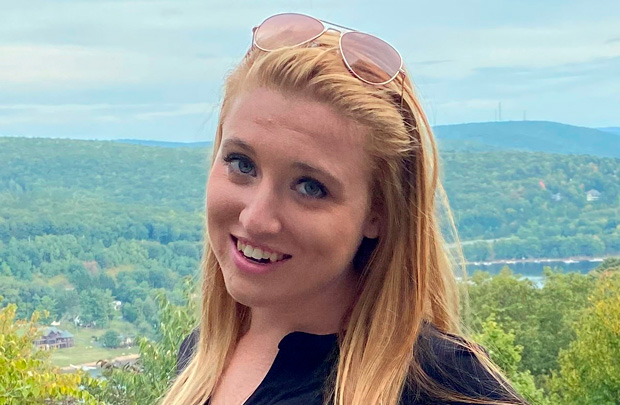
Noel Weber works with children with high needs and foster families who care for them in Ohio. A mother Noel works with suggested that we feature her as an Outstanding Caseworker, writing:
“Noel goes above and beyond for my family. It doesn’t matter the time of day, she shows up… She’s the best advocate for my foster son and was my daughter’s advocate before I adopted her. She still checks on my daughter and still helps with her. She’s God sent to my family.”
Were you surprised to read this nomination?
I’m very honored and happy to hear when a foster parent appreciates the support and recommendations I am giving. These relationships can be awkward because sometimes I am telling foster parents things they don’t want to hear. And truly, foster parents are the heroes in these stories. They are opening their homes and are there for kids 24/7.
I’ve worked with this particular mother for a few years now, and she consistently goes above and beyond in meeting the behavioral, emotional, and educational needs of our kids—both of whom have very high-risk behaviors and some specialized needs.
What makes people like this mother great parents?
Patience, understanding, and flexibility. Good foster parents can admit that they are not always right. They try to understand the root of the behavior—why a child is behaving the way they are—and then address the trauma behind the reaction.
The nature of foster care is to place children in homes where things are different and foreign to them. That would be challenging to anyone. Good foster parents are flexible in their approach and try different things until they find an intervention that works especially for that child. They reach out to their worker or access other support when they need help.
What attracted you to social work?
The short answer is that I want to level the playing field for kids. They were born into a situation where, for whatever reason, they aren’t getting their needs met and the attention and patience they deserve. As a social worker, I can create opportunities for kids that they might be denied otherwise and be the advocate that they desperately need. Every child deserves to have at least one adult who is always on their side.
How do you approach your work with children who have high needs and may have lived in several homes?
I make sure that children’s needs—behavioral, mental health, and otherwise—are being met and that they have as much normalcy as possible in their lives.
I have a master’s degree in social work and formal training in how to respond to kids affected by trauma. I do therapy sessions during scheduled time with my kids, but a lot of my job is about showing up when I’m needed—and that can be in the middle of the night, on a weekend, or on a holiday. Foster care is not a 9-to-5 job for anyone.
I also work to help children regain some sense of control over their lives—and I encourage foster parents to do the same. Our kids are in a situation that’s constantly changing and that they have very little control over. These children have experienced significant trauma and the ultimate loss of control. We owe it to children to involve them in making decisions—large and small—that affect their lives.
What do you say to someone who is thinking about adopting from foster care?
Some people only want to adopt. But I’ve seen how helpful it is when parents foster first. That way, they get to see a full picture of a child and are able to bond and build a relationship that gives them confidence when things get difficult.
A lot of people only want to adopt little kids. They think that older children will be more challenging. But I’ve seen it go the other way—even with kids who have a lot of behavioral needs. Because ultimately, kids are resilient. And no matter what they’ve been through, they all have a lot of unique strengths. When parents focus on building those strengths, their kids can heal.